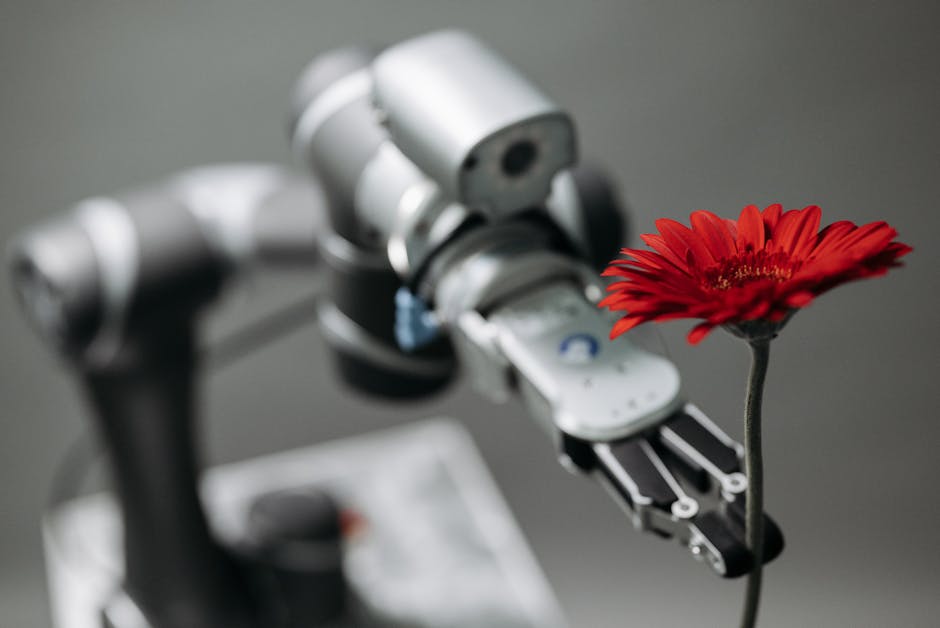Revolutionizing Convenience: The Evolution and Future of Vending Machines in 2025

Revolutionizing Convenience: The Evolution and Future of Vending Machines in 2025
In the past decade, the landscape of retail vending has undergone transformative changes, evolving from basic machines offering snacks and beverages to sophisticated, technology-driven units capable of delivering gourmet meals and artisanal beverages. As of 2024, the global vending machine market is valued at an impressive $72 billion, with projections indicating a growth spurt leading to a market size of $104 billion by 2033. This shift is not just a reflection of technological advancement but also a response to changing consumer demands towards more convenient, healthy, and sustainable options.
The Transformation of Vending Machines in 2025
Technological Innovations: The integration of smart technologies and the Internet of Things (IoT) is perhaps the most significant evolution within the vending machine industry. These advancements have enabled features like predictive maintenance, touchless transactions, and real-time data analytics, enhancing both user experience and operational efficiency. As noted in recent industry analyses, 75% of vending transactions are now cashless, underscoring the shift towards more digitally inclusive consumer practices.
Consumer Health Consciousness: Parallel to technological upgrades, there has been a noticeable shift in consumer preferences towards health and wellness. Vending machines, like those from Ff IJooz, offering freshly squeezed orange juice directly from the fruit, cater to this demand by providing fresh, nutritious offerings. This trend is particularly strong in settings like workplaces, gyms, and schools, where health-focused options are becoming a staple.
Sustainability Practices: Eco-friendly operational practices are no longer optional but a necessity in the vending industry. Newer machines offer recyclable packaging and emphasize ethical sourcing of products, aligning with consumer expectations for sustainability.
Comparative Analysis: Traditional vs. Modern Vending Machines
Traditional vending machines were often limited to pre-packaged snacks and cold beverages with limited concern for health, freshness, or environmental impact. In contrast, modern vending machines emphasize freshness, health, and eco-consciousness. Companies like Ff IJooz not only offer freshly prepared products but also integrate vertical farming, ensuring that the entire supply chain is controlled for maximum sustainability.
The future of vending lies in the ability to seamlessly combine convenience with sustainability, health, and technology.
Linking Technology with Consumer Needs
The integration of AI and IoT not only helps in maintaining the machinery but also in understanding consumer preferences, which can lead to more personalized experiences. Dynamic pricing models, inventory adjustments, and expiration tracking are all made possible through these technologies, ensuring minimal waste and enhanced consumer satisfaction.
Market Expansion: With Europe and Asia-Pacific identified as key growth areas, strategies tailored to these regions' unique consumer behaviors and preferences are essential. The fusion of technological advancements with localized consumer tastes represents a significant growth opportunity for vending machine companies.
Projections and Strategic Recommendations for 2030
As we look towards 2030, the vending machine industry is expected to not only grow in size but also in strategic importance. By leveraging IoT, committing to sustainability, and focusing on health-centric products, vending machines can position themselves at the forefront of the retail sector. Companies are advised to adopt comprehensive, region-specific strategies that address local consumer preferences and regulatory environments.
Engagement and Loyalty: Developing digital loyalty programs and innovative customer engagement strategies will be crucial in cultivating brand loyalty and frequent use among consumers.
Conclusion
The vending machine industry is at a pivotal junction in 2025, reflecting broader trends of technological integration, health consciousness, and sustainability in consumer retail. By embracing these trends, vending machine companies can not only enhance their market position but also contribute to a more sustainable and health-conscious future. For businesses, staying ahead means investing in technology, adapting to evolving consumer preferences, and committing to eco-friendly practices.
This synthesis of convenience, technology, and sustainability is not just a business strategy but a blueprint for future retail models across the globe.
